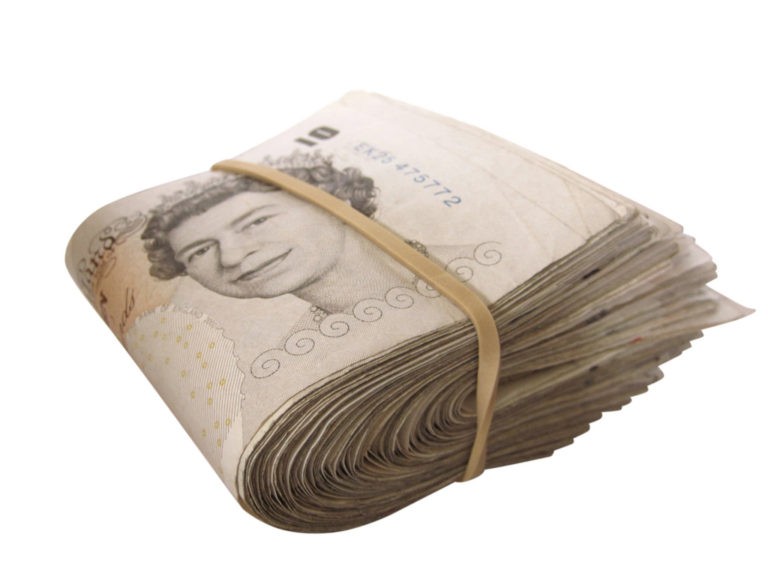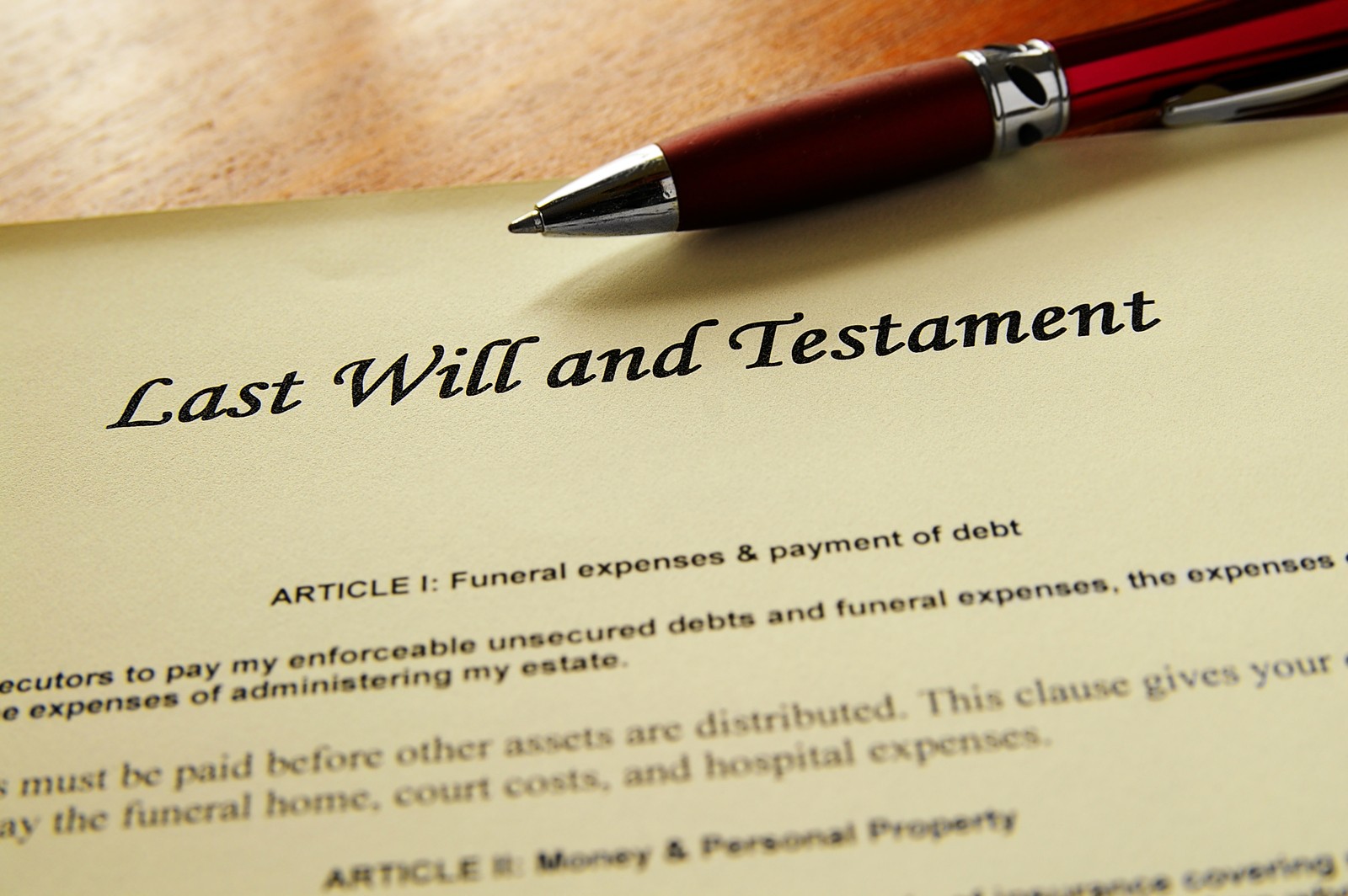Receiving an inheritance can make your life considerably more comfortable and allows your loved ones to look after you after their passing. Handling your inheritance properly will allow you to make the most of your family member’s final gift. This guide will provide you with the basics to handling your inheritance.
Approach your inheritance with the right mentality
Becoming a heir is like winning a tragic lottery. Heirs and Heiresses often find themselves with a large unexpected sum of money and can often be misled by the amount. According to Forbes, people typically spend inheritance more carefully than lottery winnings, as there is a larger emotional connection to it. Although people tend to be more careful with inheritance, it is not uncommon for people to find themselves with little left in several years. Try to keep the following points in mind when handling your inheritance.
- Don’t spend it all in one go – your loved one left you this money to provide for you and your children’s futures. Spending your inheritance on unnecessary luxury goods will leave you wanting.
- Does it seem like a lot of money? It probably isn’t – £100,000 is certainly a kingly sum, but divide that amount by every year of your life, and how much do you end up with? Take a look at how it affects your personal balance sheet. Buying a house you otherwise could not afford could actually be harmful in the long run.
- Think about the future – due to the NHS there is little chance of you incurring medical bills in the future, but that doesn’t rule out the possibility of unemployment or emergency. Forbes recommends you use the money to create an investment account or invest in property that may appreciate in value. Likewise, if you are in debt, using your inheritance to manage it might also be a good move. Talk to your financial advisor to create a plan that works for you!
- Know the law – Earlier we discussed that inheritance is often less than we first thought. This is acutely true when you consider the potential for taxation and outstanding debts.
The Basics of Inheritance Tax in the UK
Inheritance Tax is a basic tax on the estate (money, possessions, property) of someone who has died. According to gov.uk, there is no inheritance tax if your estate is worth less than £325,000. If a portion of the estate is worth more than this, the basic tax rate is 40%. For example, if you inherit £400,000, £75,000 will be taxed at 40%. Notable exceptions and reliefs can be found the Gov.uk website.
Were your loved ones in debt?
Inheritance is often used to shield people from the debt of the deceased. Before making plans with your inheritance, first check to see if you’re loved one had any outstanding bills or unpaid taxes. Finally, place a notice in the gazette, to inform other creditors.
Continue your research
Inheritance and its taxation is often convoluted and complex. It also often varies on a case by case basis. It is important to do your own research and talk to a solicitor. Through following these simple tips, and being aware of the legal complications, you can make the most of your loved ones estates.





